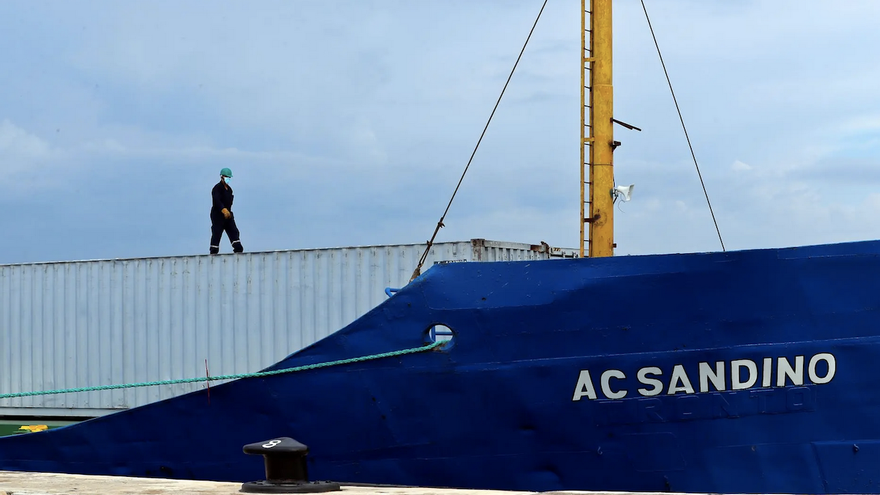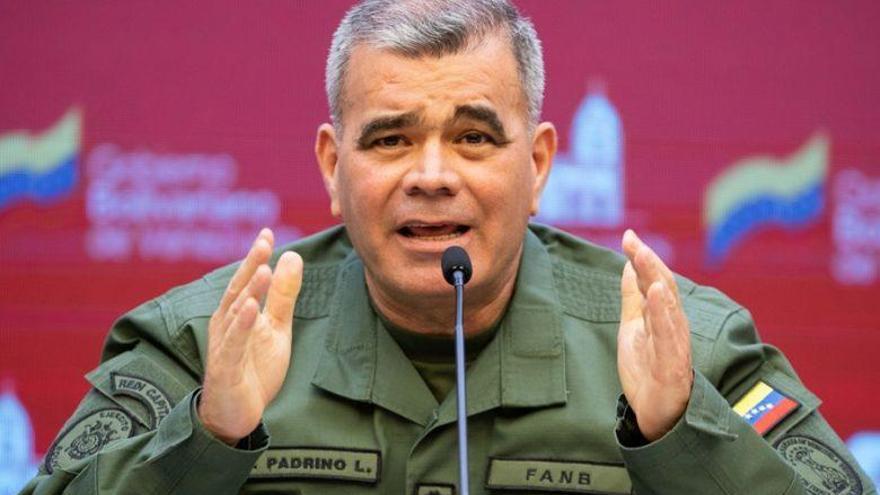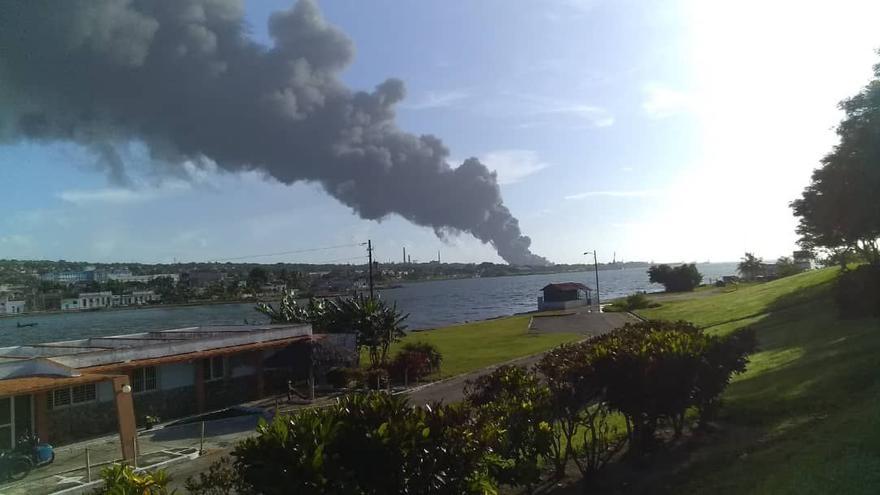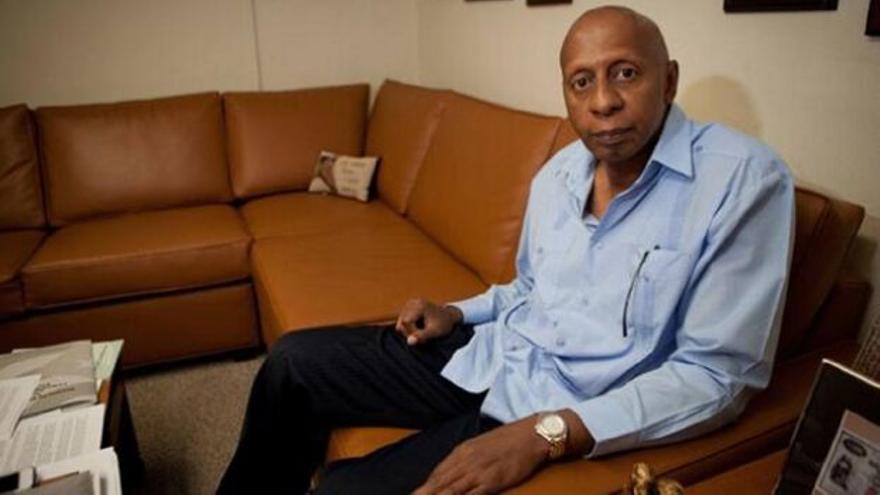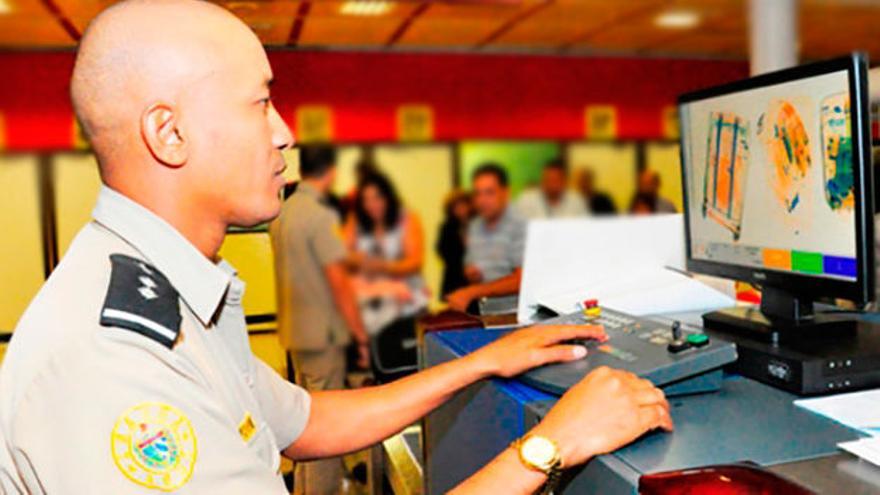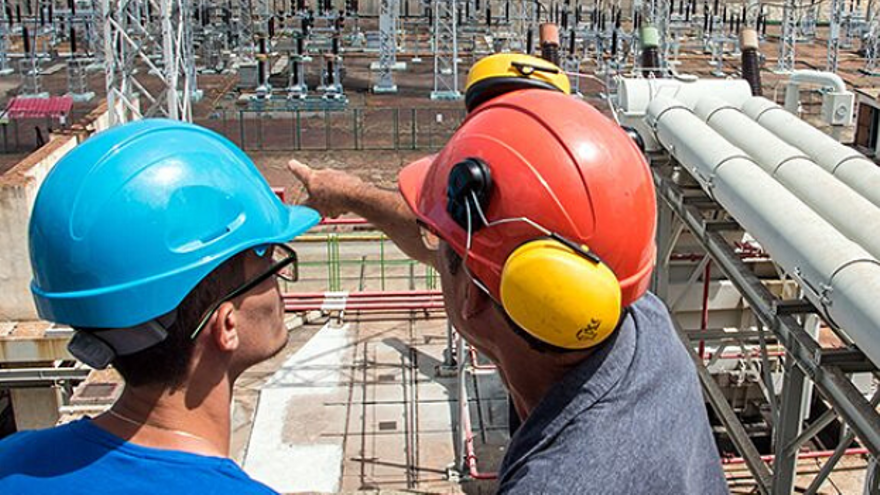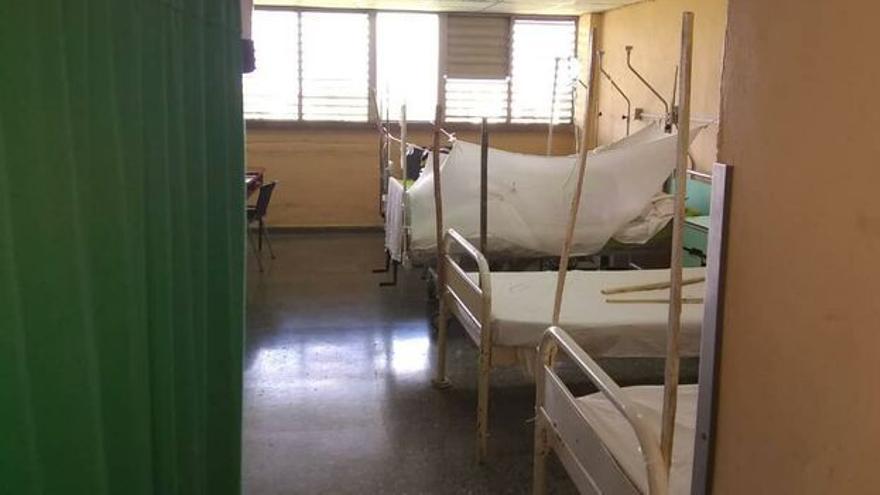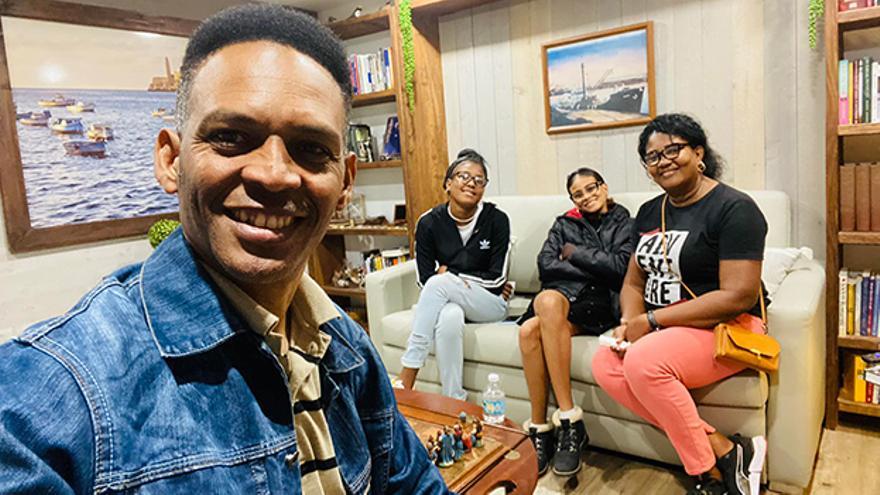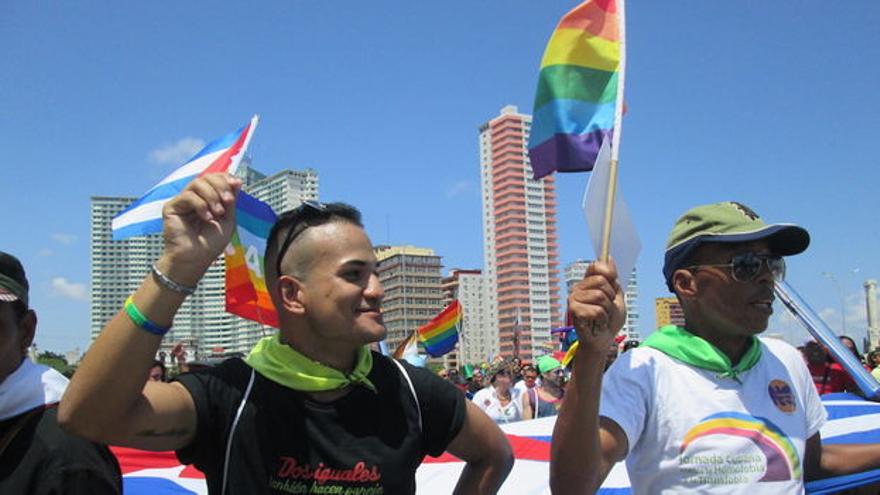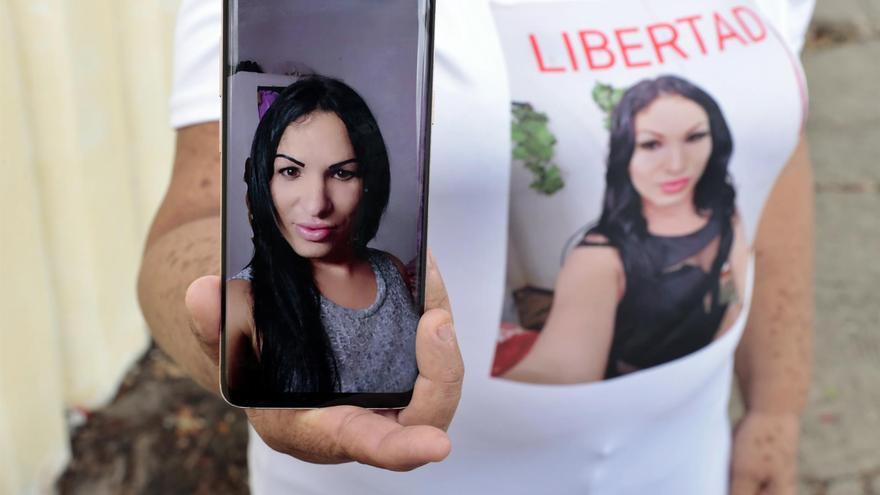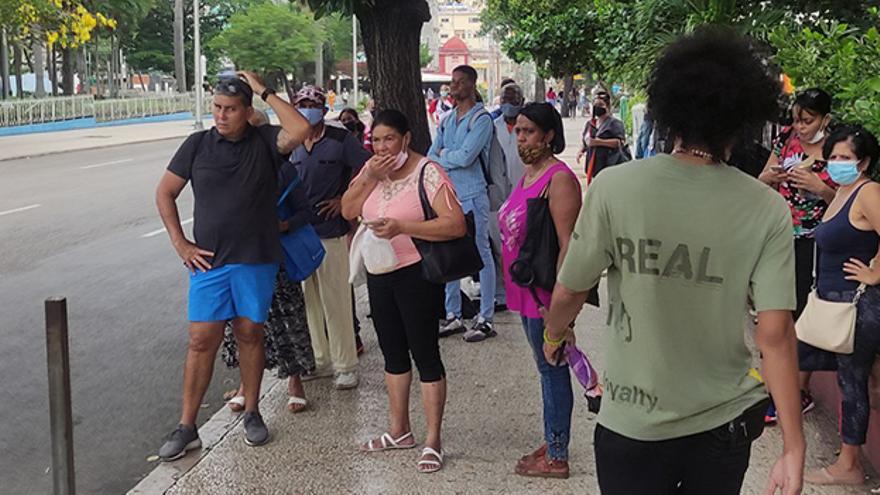
![]() 14ymedio/EFE, Havana, August 22, 2022 — The serious fire at the Matanzas Supertanker Base threw out “low” levels of pollutants, the Cuban authorities told the official press on Sunday.
14ymedio/EFE, Havana, August 22, 2022 — The serious fire at the Matanzas Supertanker Base threw out “low” levels of pollutants, the Cuban authorities told the official press on Sunday.
Oscar García Martínez, delegate of the Ministry of Science, Technology and the Environment in Matanzas, said that the main effects are “air quality, as in any fire” and that the measured levels “do not compromise human health.”
The accident, which began on August 5 and lasted almost a week, claimed the lives of 16 people, some of them young people who were undergoing compulsory military service, and injured 146, 17 of whom are still hospitalized.
“Everything indicates that what happened in the fire doesn’t seem to have compromised any aspect for the future,” García Martínez said without showing exact figures. The Government expects to have an environmental impact assessment by September. Scientific research, the official said, continues. “If we know anything new, we will inform you,” he told the newspaper Girón. “If any indicator is altered, we will analyze it and follow up on it.”
The specialist said that the samples taken in Matanzas Bay, near the industrial area where the disaster occurred, “corroborate visually that there is no damage right now.” continue reading
He pointed out that “we had never experienced a spill (of crude oil) associated with a fire,” and research on its effects covers aspects related to soil, agricultural production and traces in livestock milk — a series of elements to ascertain the real magnitude of the impact of the fire, the largest recorded on the island.
This analysis stage, planned for two months, could be extended up to two more years with other parameters, “to reassess soil, vegetation and food chains,” he added.
Although he considers that “the danger has already passed,” because the focus that caused the increase of pollutants such as sulfur dioxide, nitrogen oxide, carbon monoxide, among other substances, in the atmosphere “disappeared,” he estimates that the emanations are in the usual range in Matanzas.
Four of the eight tanks of the storage base, the largest facility of its kind in Cuba for receiving and storing crude oil, burned completely, causing explosions, flares of hundreds of feet and a curtain of smoke that reached neighboring provinces such as Mayabeque and Havana, located more than 60 miles to the west.
Translated by Regina Anavy
____________
COLLABORATE WITH OUR WORK: The 14ymedio team is committed to practicing serious journalism that reflects Cuba’s reality in all its depth. Thank you for joining us on this long journey. We invite you to continue supporting us by becoming a member of 14ymedio now. Together we can continue transforming journalism in Cuba.

